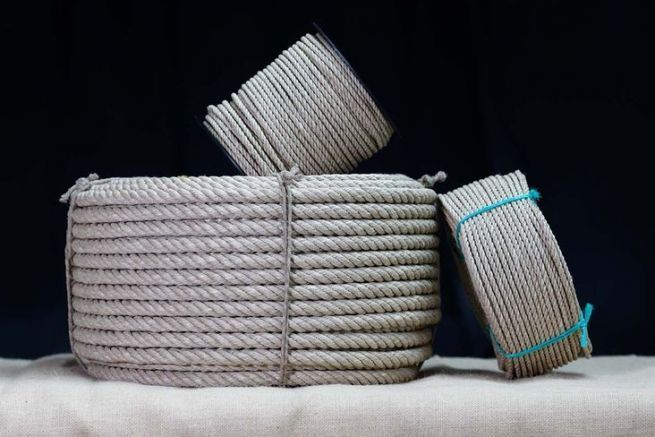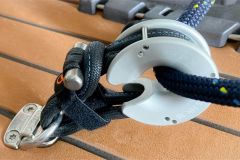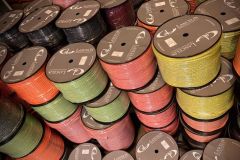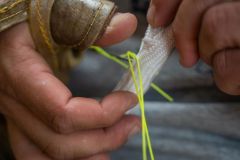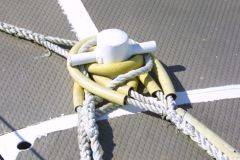It is in the heart of the Corrèze, far from the seaside, that in a 280 meters long building, ropes made "au long" have been created since 1908. The Palus rope factory remains the last one in France to use this traditional method of manufacturing products.
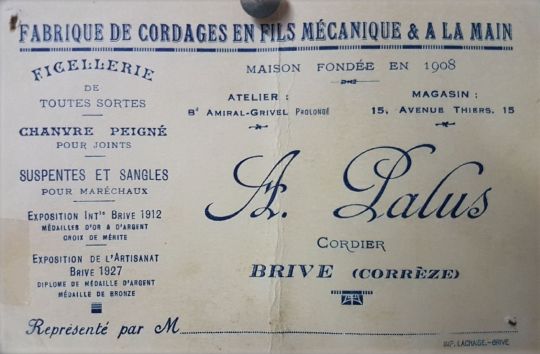
Linear production capacity without equivalent in France
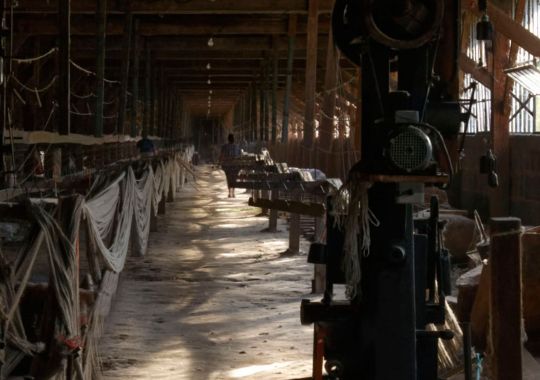
This traditional method makes it possible to spin, in one piece, all the strands of a rope over a length of several dozen meters. It guarantees a precise work and identical quality from one end of the rope to the other.
Founded in 1908 by Pierre-Alphonse Palus in Brive-la-Gaillarde, the rope factory moved permanently to Saint-Pantaléon-de-Larche in 2016, where it has since produced all possible rope products. Whether for physical activities or for navigation, the Palus rope factory perpetuates a traditional know-how in its establishment.
Ropes made of hemp, sisal or septain
The company works with natural fibers such as hemp, sisal, jute or cotton as well as modern materials such as polypropylene or polyamide. The specific ropes for the nautical industry are available in septain or polished hemp, in diameters ranging from 3 to 35 mm.
First assembled into threads, the vegetable fibers that make up the ropes become stranded. The rope is the result of the weaving of several strands. Palus supplies these ropes to many traditional ships. The frigate Hermione, for example, is armed with ropes from Corrèze. The company also knows how to satisfy smaller requests, either via its website or through a network of retailers.
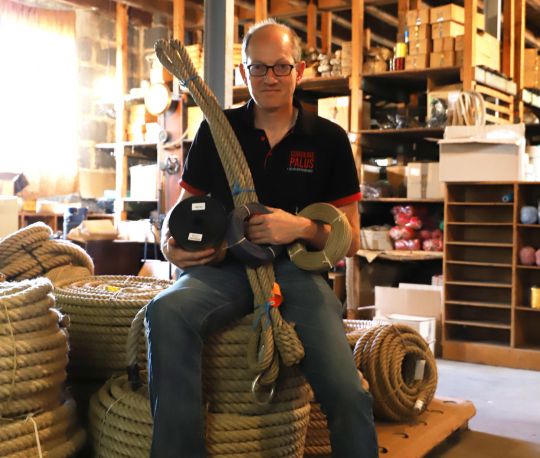
The company plans to offer 100% French hemp rope. At present, hemp is grown in France, braided in France, but there is no hemp spinning mill. The manager of the company, Stéphane Assolari, explains to our colleagues of La Montagne: " This would be a plus. A label of guaranteed origin that would make it possible to justify the price difference with low-cost countries. This desire to buy 100% French is far from being a fad. It is a new way of life that does not only affect food. "
Higher rates for quality work
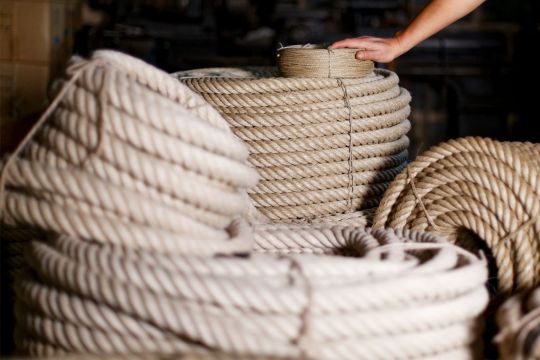
These traditional ropes are no longer used on our pleasure sailboats and it is likely that the only contact with a hemp rope for the sailor will be in a gym to climb the rope! But it is important to perpetuate the traditions and to keep this know-how in France.

